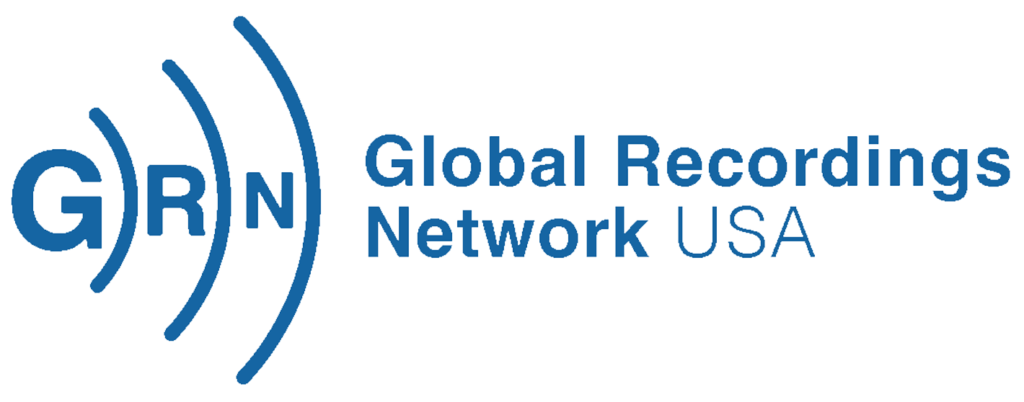Post 40 / The Next Language
April 12, 2021
The Rest of “the Yoke”
The discovery recently about “easy” and “yoke” [see that blog]- has continued to yield more, so I am going to continue to share.
Come unto me, all [ye] that labor and are heavy laden, and I will give you rest. Take my yoke upon you, and learn of me; for I am meek and lowly in heart: and ye shall find rest unto your souls. For my yoke [is] easy, and my burden is light (Mat 11:28-30 KJV).
This invitation to rest is an amazing introduction to a discourse on the Sabbath which runs well into Matthew 12 and includes a debate and a miracle where the punchline would be Jesus declaring “I am Lord of the Sabbath.” For millennia the concept of the Sabbath had been pointing to just this time and to this Person.
Using the yoke to symbolize rest is counterintuitive. Through the Scriptures the yoke was a symbol of oppressive control. This is not what Jesus proposed. His yoke (compared to the burden of the law and the Sabbath) is “easy” and “light.”
The primary essence of “easy” in the Greek is fit. Fitted to the individual beast of burden, a physical yoke would be carved to the exact proportions of the animal to whom it would be affixed. As unnatural as it would have been for anyone else to call a yoke “easy” it would have been second nature if the shingle in front of that Nazarene carpenter shop really said, “Our yokes always fit.”
I think it an amazing play on words that “chrestos” (fit) is so similar to “Christos”. I am convinced that this similarity was played on in the early church. I was alerted to this by the words of a commentary referring to Priscilla and Aquilla arriving in Corinth. They had been expelled from Rome along with all Jews in the secular historian’s record that the Jews were fanatically incited by a “chrestos.” There is no explanation why this word was chosen except that it is generally agreed that was really referring to Christos. Were the early Christians really identified with chrestos in the manner that they were also using the fish symbol to conceal their real identity?
A little research back through the early Church Fathers by the Australian Mountain Man confirms that the disciples were first called “chrestians” at Antioch. “When one investigates the earliest explicit references to “Christian” in the earliest sources of the common era, one comes away empty handed. The earliest evidence is dominated by the occurrence of the term “Chrestian” as is tabulated below. In the Greek language the word Christian is χριστιανος, while the word Chrestian is χρηστιανος.” (source: The Mountain Man )
Turns out that the secular Greek could not understand Christos as either a name or a title. It just meant “smeared.” Common usage apparently shifted to the closest cognate which was chrestos which meant good or fit, and was a common name for a slave.
There is no doubt in my mind that Christ was playing with the similarity between His true identity and the word “chrestos.” Jesus created a word picture that actually became the identity of the Church until the time of Constantine. Chrestos became synonymous with the yoke. Being the “yoked ones” suited those early Christians until they got power and elected to become “Christ” ones, identifying with a King instead of a humble yoke. There is actual textual evidence that scholars went back and changed “Chrestos” to “Christos.”
So I ask. What is your experience? Have you found Christ’s yoke easy and His burden light? If that has not been your experience I think it right to question if your yoke is His. I do not believe Jesus’ invitation was hollow or devious. The truth of that tailored yoke being “easy” and “light” was evidenced in the lives of the Apostles who willingly and knowingly died in that yoke. That reality alone would explain how Paul and Silas could sing in the darkness of that Philippian jail after being beaten.
Remember, a yoke by design is for two. In this case the yoke partner is Christ Himself who promised His presence unto the end of the age. Remember also that a properly fitted yoke is not only a tool to bear burdens but also an instrument of guidance. I remember my grandfather talking about how a yoke was the easiest way to train a new animal because the younger and smaller and less experienced would learn from the older.
Only thus may we learn from Christ. Only in that yoke will we find the “rest” that comes from the Rest Giver, who alone could say, “It is finished” to the redemptive process and to the letter of the law. Only in this place can we find the “rest” that comes from walking in His works
“For we are his workmanship, created in Christ Jesus unto good works, which God hath before ordained that we should walk in them” (Eph 2:10 KJV). Only there can we leave behind the fatiguing works of the flesh where we “labor and are heavy laden.”
Will you join me in being a “chrestian”- a yoked one?
God Bless,
Larry DeVilbiss | Executive Director
Global Recordings Network USA
P. S. As a “thank you” for your continued support of the ministry of Global Recordings Network USA, and in celebration of over 80 years of God’s faithfulness, we have compiled a collection of 80 daily devotions written by GRN founder, Joy Ridderhof. You may read or download your copy of Rejoice Always – 80 Devotions with Joy Ridderhof here.
